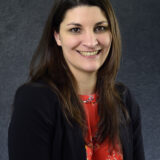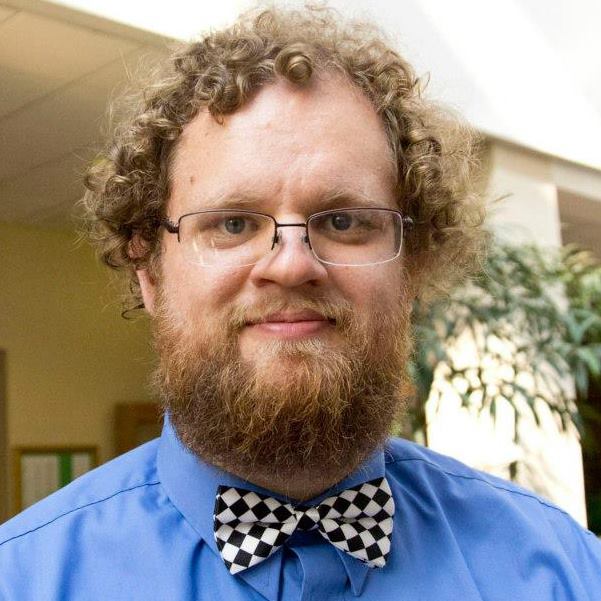
Student Colloquium Talk by Professor Allison Lewis, Lafayette College
Abstract: How can mathematical modeling assist in the development of treatment protocols for cancer? Recent technological advances make it possible to collect detailed information about tumors, and yet clinical assessments of treatment responses are typically based on extremely sparse datasets. We propose a workflow for choosing an appropriate model for tumor growth and treatment response, verifying parameter identifiability, and assessing the amount of data necessary to precisely calibrate model parameters in order to make accurate predictions of tumor size at future times. Throughout this talk, we will discuss ways in which we can bridge the gap between mathematical modelers and clinical physicians to better harness the power of both worlds to meet a common goal.
